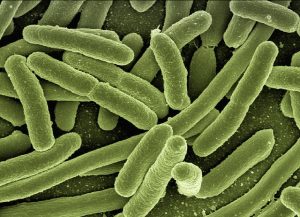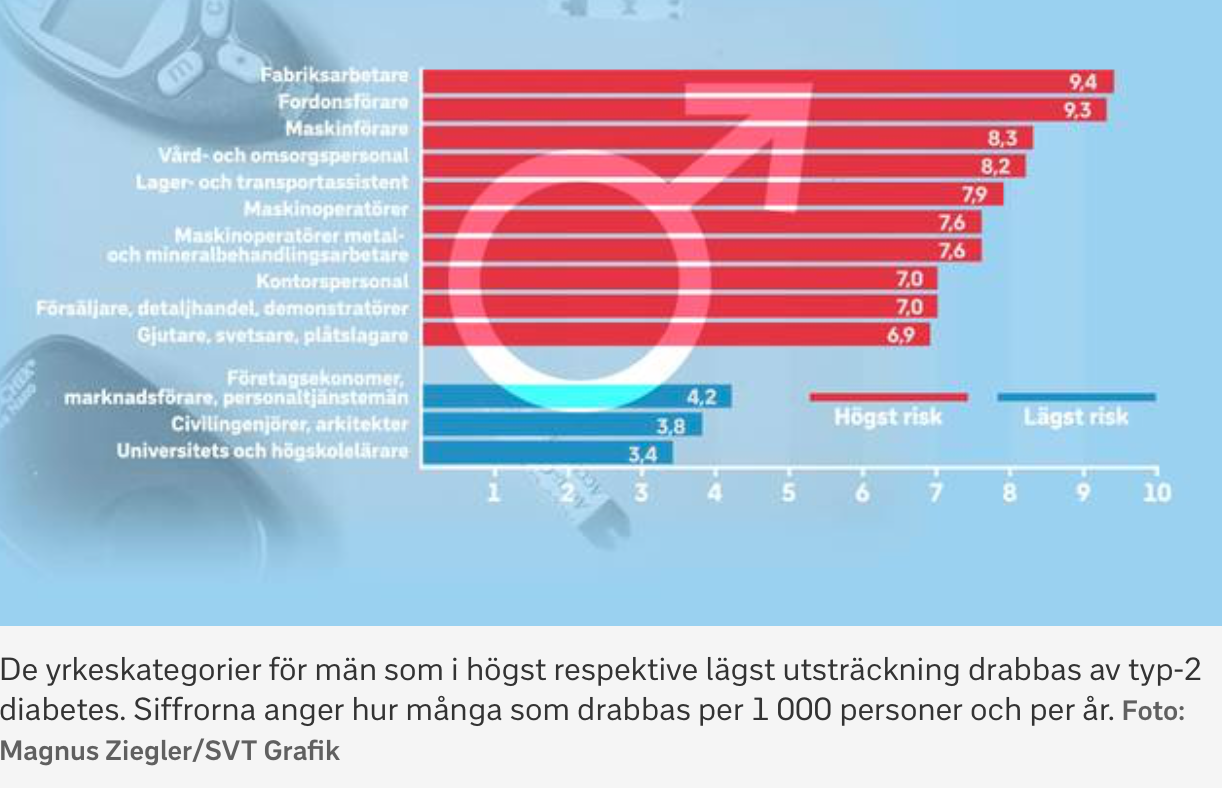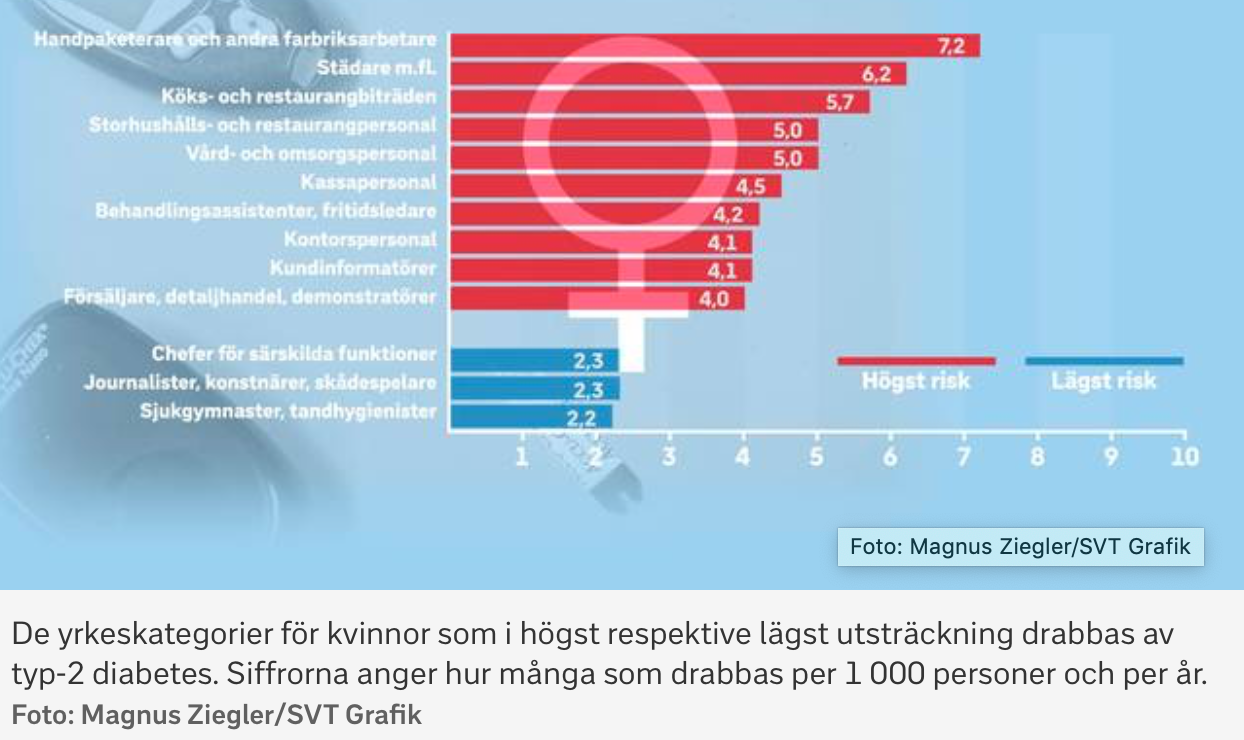 Dina tarmbakteriers betydelse för kroppsfunktionerna får nu ytterligare stöd i forskningen. En ny studie på möss visar att tarmbakterierna påverkar själva dygnsrytmen i tunntarmens epitelceller.
Dina tarmbakteriers betydelse för kroppsfunktionerna får nu ytterligare stöd i forskningen. En ny studie på möss visar att tarmbakterierna påverkar själva dygnsrytmen i tunntarmens epitelceller.
De här cellerna befinner sig på tunntarmens yta och transporterar näringsämnen från tunntarmen ut till blodet. Den här transporten sker när epitelcellerna aktiveras av en signal som hänger ihop med deras dygnsrytm.
Allt som kan förändra tarmfloran – såsom kost, antibiotika, matsammansättning, skiftarbete, sömnbrist och jetlag; kan därmed påverka näringsupptaget.
I studien konstaterar man att möss utan tarmbakterier saknar en dygnsreglering av sin metabolism och blir feta.
Det här lär vara en av förklaringarna till varför oregelbundna dygn, inklusive sovtider, skift och jetlag har kopplats till mag- och tarmstörningar och problem med kroppens metabolism.
Ur studien: “The metabolism of mammals is synchronized to daily cycles relating to sleep and mealtimes. It is not surprising that the gut microbiota, which aids in digestion, should also display daily cycling. Kuang et al. found that the gut microbiota can mediate daily cycles epigenetically (see the Perspective by Bishehsari and Keshavarzian). The microbiota induces rhythmic expression of histone deacetylase 3 (HDAC3) in epithelial cells of the small intestine, but not those of the colon. HDAC3 expression drives oscillations in intestinal metabolic gene expression, especially for nutrient transport and lipid metabolism. HDAC3 also directly activates estrogen-related receptor α, which promotes lipid absorption. Consequently, mice that lack a gut microbiota lack daily regulation of their metabolism and become obese on high-fat chow. Disruption of HDAC3 cycling could be an explanation for human obesity associated with antibiotic damage to the microbiota and with sleep disruption caused by jet lag and nighttime working.”
Mer via taggen microbiome
https://science.sciencemag.org/content/365/6460/1428
https://sverigesradio.se/sida/artikel.aspx?programid=406&artikel=7307558



 Har du också gått på hypen kring kost och kosttillskott?
Har du också gått på hypen kring kost och kosttillskott? Livsmedelsverket har kommit med nya kostråd för personer över 65 år. Behovet baseras i första hand på att man vill minska frakturer och fallskador. Man hänvisar till att man kan tappa aptit när man blir äldre och tappa muskelmassa, vilket kan bidra till ökad risk för dålig balans och fallskador.
Livsmedelsverket har kommit med nya kostråd för personer över 65 år. Behovet baseras i första hand på att man vill minska frakturer och fallskador. Man hänvisar till att man kan tappa aptit när man blir äldre och tappa muskelmassa, vilket kan bidra till ökad risk för dålig balans och fallskador. Populärast om hur bakterier i dina tarmar
Populärast om hur bakterier i dina tarmar
Senaste kommentarer